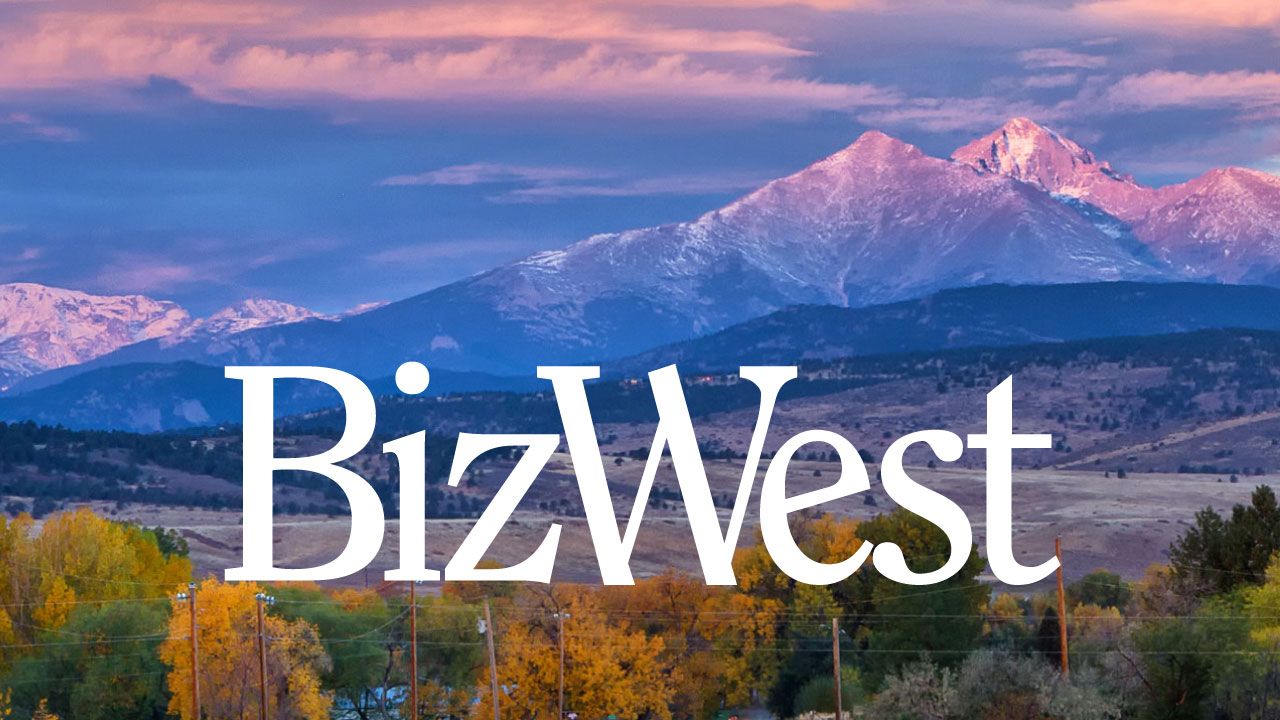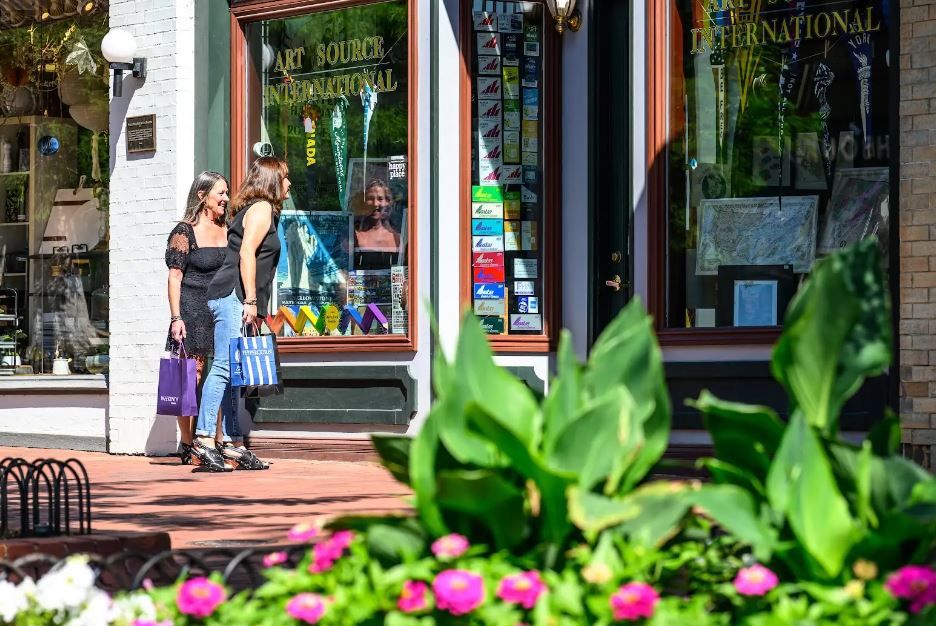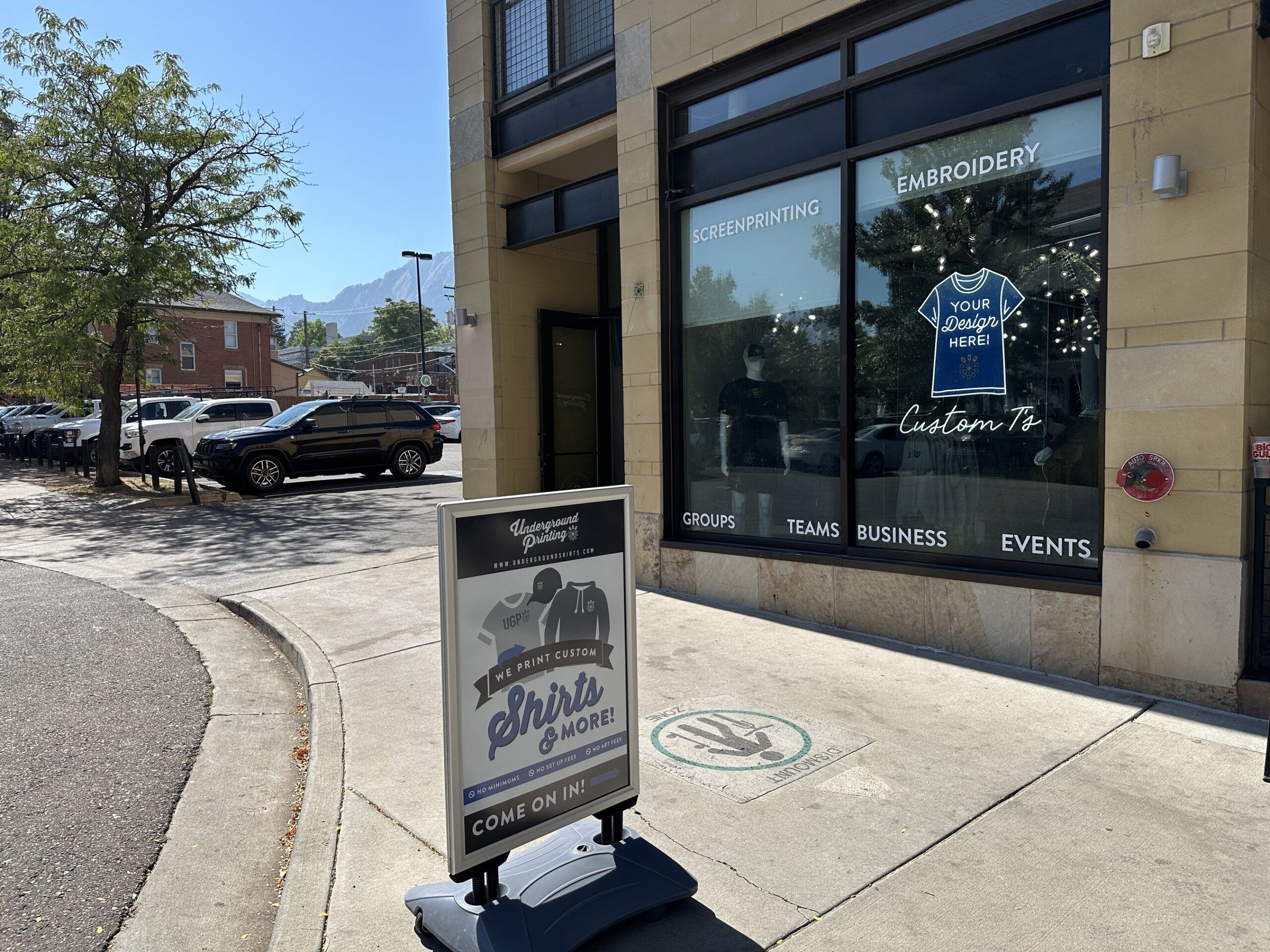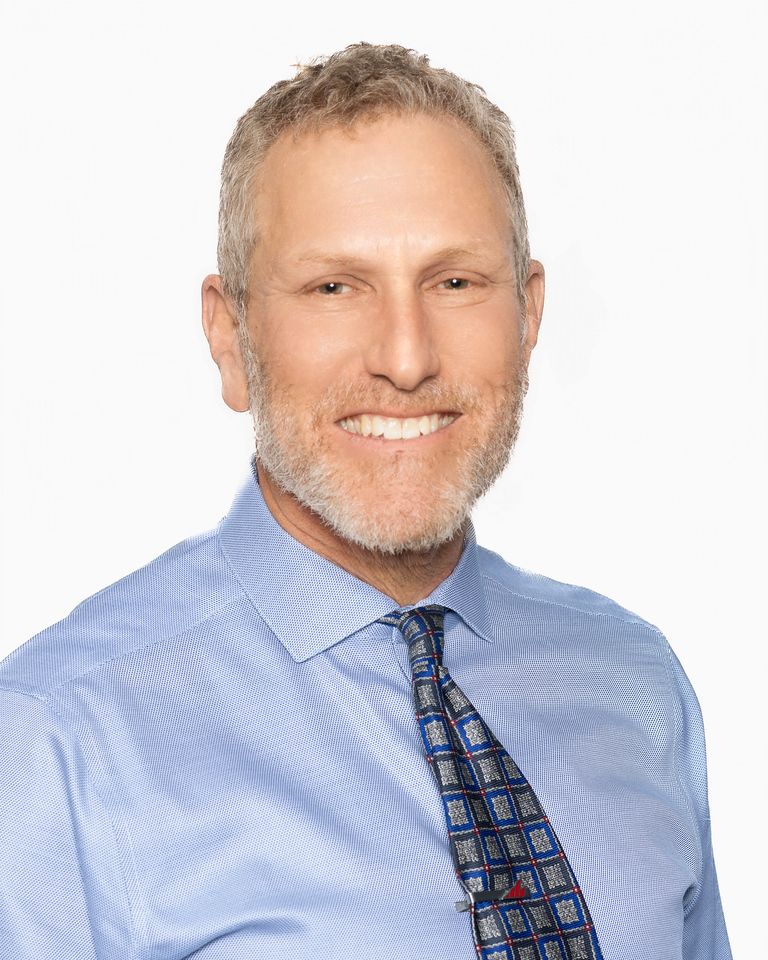Hey, Boulder, don’t be late to the future
As we start the new year making traditional resolutions, I’ve personally reflected on the areas where I could self-improve. Those who’ve worked with me for a while, or maybe even just scheduled a single meeting, might have experienced what has been referred to as “Tayer Time.” I confess a tendency to run late to meetings. Oh, I’ve got excuses, but when my board identifies it as my “opportunity for improvement,” you can bet I’ll be going to work on making sure I’m more punctual to future meetings.
As I’ve begun plotting my trajectory toward greater timeliness, it got me thinking: Is Boulder in danger of being late to the future?
While we pride ourselves in being a center of innovation and creativity, which we certainly are, we may be in danger of falling behind in other ways. We’ve spent significant time studying and planning, but are we really progressing toward a future with promise for all? There are clear areas where Boulder lags behind neighboring communities while exposing itself to economic risks, quality of life deficits and equity concerns.
Community-wide broadband
In November of 2014, the Boulder Chamber championed an overwhelmingly successful ballot measure authorizing the city to pursue high-speed internet service. Since then, the city council has commissioned studies, conducted a survey and approved moving forward with a fiber “backbone” that would secure gigabit-per-second internet speeds. All of this is good progress, but meanwhile, communities like Longmont and Centennial are well ahead of Boulder in their implementation of community-wide broadband.
The city itself notes, “Access to broadband service is no longer a luxury, but increasingly a fundamental need for Colorado residents, students and businesses.” I could argue that “fiber to home” might not be the only option, but the point is, we can’t keep chasing the future in our pursuit of universal access to high speed internet service. Consistent with the oft stated line, “The future is now.”
Responsible development
Providing affordable housing and space for small businesses is an ongoing issue that we need to resolve. As I’ve recently noted, we continue trying to “regulate our way to paradise,” with the predictable consequences of increased costs that make working and living in Boulder even more expensive. The latest example is the moratorium on development in Boulder’s designated “Opportunity Zone.” By their very nature, moratoriums close off opportunities for innovation and creativity.
Creating opportunities is the best path toward a better future for all. Other communities are moving forward with exciting new initiatives that responsibly address social equity and economic goals in balance with sustained community character and quality of life values. One is “Minneapolis 2040,” that eliminates single-family home zoning as part of a regional plan to address housing and transportation needs. We have the Boulder Valley Comprehensive Plan, but instead of following its guidance, we’re continually erecting roadblocks. We can find solutions, but we have to keep politics at bay and give room for new ideas to take root and flourish.
Renewable energy, climate protection
Since 2011, the city of Boulder has explored creating its own municipal electric utility with the laudable goals of meeting 100 percent of our electricity demands with clean energy while massively reducing carbon emissions. Indeed, the recent “Fourth National Climate Assessment” confirmed that civilization is running out of time to pull ourselves back from the brink of environmental disaster. However, instead of expeditious action, Boulder has allowed itself to become mired in an unending process that distracts us from alternative solutions.
The Boulder Chamber has always supported the pursuit of innovative energy strategies that benefit our community, businesses and planet. We also understand that people with the same good intentions have different perspectives on the best approach. Rather than endlessly tussling with Xcel Energy, though, the Boulder Chamber looks to the examples of communities, like Denver, Breckenridge and Nederland, all charting a potentially speedier course toward 100 percent clean energy in partnership with Xcel.
I’m committed to monitoring my efforts to achieve greater on-time meeting performance. Maybe we should have similar reports on meaningful progress toward achieving our stated broadband, housing and energy goals. Not just progress on moving processes, but progress on actually meeting commitments. I plan to arrive to my future meetings on time . . . so let’s make sure Boulder isn’t late to the future in meeting its community goals.
John Tayer is president and CEO of the Boulder Chamber of Commerce. He can be reached at (303) 442-1044, ext 110 or john.tayer@boulderchamber.com.
As we start the new year making traditional resolutions, I’ve personally reflected on the areas where I could self-improve. Those who’ve worked with me for a while, or maybe even just scheduled a single meeting, might have experienced what has been referred to as “Tayer Time.” I confess a tendency to run late to meetings. Oh, I’ve got excuses, but when my board identifies it as my “opportunity for improvement,” you can bet I’ll be going to work on making sure I’m more punctual to future meetings.
As I’ve begun plotting my trajectory toward greater timeliness,…
THIS ARTICLE IS FOR SUBSCRIBERS ONLY
Continue reading for less than $3 per week!
Get a month of award-winning local business news, trends and insights
Access award-winning content today!





